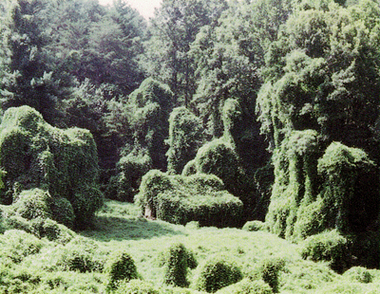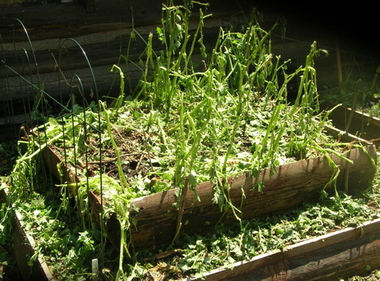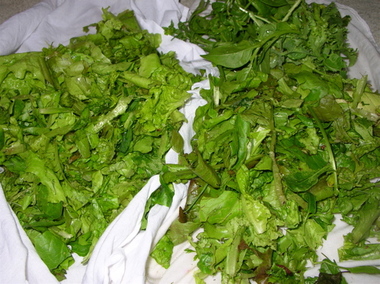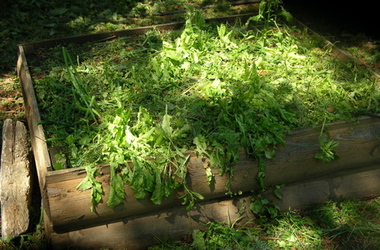I know this is long, but having just –oops– done an even longer post about kudzu, this poem by James Dickey seemed to be relevant–perhaps even unavoidable.
Kudzu
Japan invades. Far Eastern vines
Run from the clay banks they are
Supposed to keep from eroding.
Up telephone poles,
Which rear, half out of leafage
As though they would shriek,
Like things smothered by their own
Green, mindless, unkillable ghosts.
In Georgia, the legend says
That you must close your windows
At night to keep it out of the house.
The glass is tinged with green, even so,
As the tendrils crawl over the fields.
The night the kudzu has
Your pasture, you sleep like the dead.
Silence has grown Oriental
And you cannot step upon ground:
Your leg plunges somewhere
It should not, it never should be,
Disappears, and waits to be struck
Anywhere between sole and kneecap:
For when the kudzu comes,
The snakes do, and weave themselves
Among its lengthening vines,
Their spade heads resting on leaves,
Growing also, in earthly power
And the huge circumstance of concealment.
One by one the cows stumble in,
Drooling a hot green froth,
And die, seeing the wood of their stalls
Strain to break into leaf.
In your closed house, with the vine
Tapping your window like lightning,
You remember what tactics to use.
In the wrong yellow fog-light of dawn
You herd them in, the hogs,
Head down in their hairy fat,
The meaty troops, to the pasture.
The leaves of the kudzu quake
With the serpents’ fear, inside
The meadow ringed with men
Holding sticks, on the country roads.
The hogs disappear in the leaves.
The sound is intense, subhuman,
Nearly human with purposive rage.
There is no terror
Sound from the snakes.
No one can see the desperate, futile
Striking under the leaf heads.
Now and then, the flash of a long
Living vine, a cold belly,
Leaps up, torn apart, then falls
Under the tussling surface.
You have won, and wait for frost,
When, at the merest touch
Of cold, the kudzu turns
Black, withers inward and dies,
Leaving a mass of brown strings
Like the wires of a gigantic switchboard.
You open your windows,
With the lightning restored to the sky
And no leaves rising to bury
You alive inside your frail house,
And you think, in the opened cold,
Of the surface of things and its terrors,
And of the mistaken, mortal
Arrogance of the snakes
As the vines, growing insanely, sent
Great powers into their bodies
And the freedom to strike without warning:
From them, though they killed
Your cattle, such energy also flowed
To you from the knee-high meadow
(It was as though you had
A green sword twined among
The veins of your growing right arm–
Such strength as you would not believe
If you stood alone in a proper
Shaved field among your safe cows–):
Came in through your closed
Leafy windows and almighty sleep
And prospered, till rooted out.
–James Dickey






 Subscribe to RSS feed
Subscribe to RSS feed


